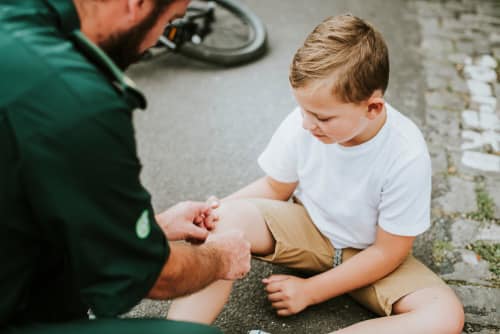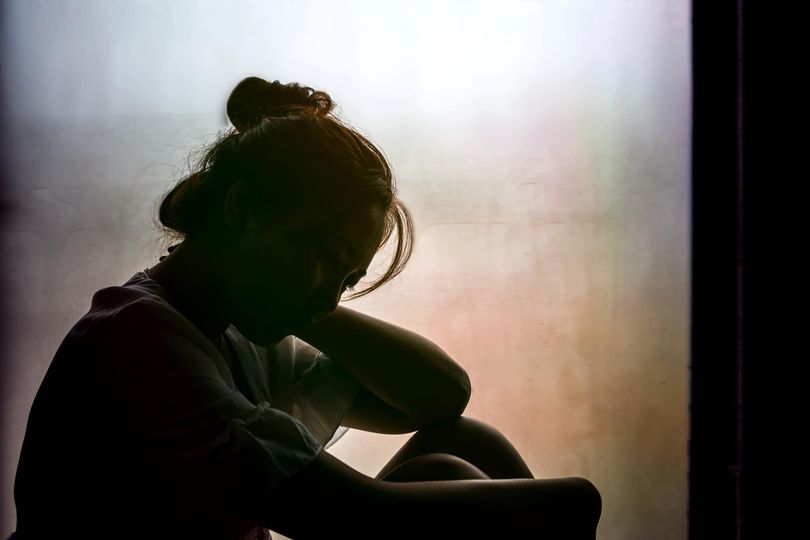Acknowledging a child’s pain
Telling a hurt child “it will be okay” can have both positive and negative effects, depending on the context and how it’s delivered.
On one hand, saying “it will be okay” can provide comfort and reassurance to a child who is experiencing pain or distress. It can help the child feel heard and validated, and provide a sense of hope that things will improve. This can be particularly helpful in situations where the child is upset but not in immediate danger, such as after a minor injury, a disappointing experience, or a conflict with a friend.
On the other hand, telling a hurt child “it will be okay” without acknowledging their feelings or offering any further support can be dismissive and invalidating. It can make the child feel like their emotions are not important or valid, or like they are expected to simply “get over it” without any help or support. This can be particularly harmful in situations where the child is experiencing significant pain or trauma, or where they feel isolated or unsupported.
In general, it’s important to validate a child’s feelings and offer support in addition to reassurance. For example, you might say something like, “I know that hurts, and it’s okay to feel upset. Let’s take a break and see what we can do to make it feel better.” This acknowledges the child’s pain, validates their emotions, and offers concrete support to help them cope.



